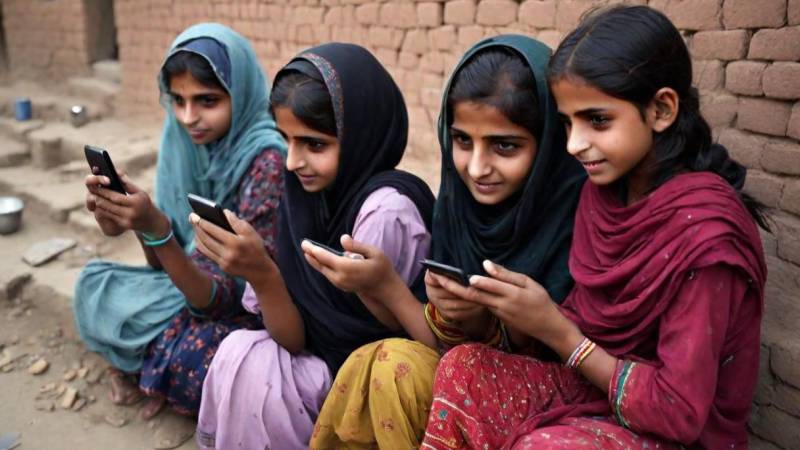
Digital literacy and access to the internet as we know it today are fundamental human rights. But if we do not invest in our country's people—especially the women and girls—and teach them to harness the power of the internet, they will be left behind.
This was shared by Sadaffe Abid, the CEO of Founder and CEO of CIRCLE Women Association, while speaking at Tabadlab's 64th policy roundtable, which was held on Monday. Abid was part of a panel that discussed "Digital gender inclusion strategy: business as usual." The panel also reviewed PTA's recently launched Digital Gender Inclusion Strategy. The panel was moderated by Samia Liaquat, Director of Tabadlab's Centre for Gender and Public Health, and included i2i Ventures Co-founder and General Partner Kalsoom Lakhani, Oraan CEO and Co-founder Halima Iqbal, and Mobilink Microfinance Bank's COO Haaris Mahmood Chaudhary.
Last month, the Pakistan Telecommunications Authority (PTA) had launched the Digital Gender Inclusion Strategy, which examines the gender digital divide in Pakistan and aims to increase gender participation in digital transformation. The report highlighted some critical challenges to increased participation for women, including education, their limited ability to access mobile phones, family disapproval, the cost of buying phones, and safety and security concerns. It also highlighted a concern expressed by a large majority of people—whose views were represented in the report— that the internet is not relevant for women.
Tabadlab, an Islamabad-based think tank, held a session with subject experts to discuss various aspects of the strategy and the next steps.
Kulsoom Lakhani highlighted the structural challenges hindering women from becoming agents of their own change. "Policies often give consideration to outputs over outcomes, leading to reduced effectiveness," she said.
Halima Iqbal stressed the importance of involving decision-makers within households to positively influence behaviour and drive meaningful change: "By engaging families, we can create a supportive environment for digital literacy and inclusion," she shared.
Haaris Mahmood Chaudhary pointed out that Pakistan faces obstacles such as low Average Revenue Per User (ARPU) and high taxes. "These factors deter telecom giants from investing in critical infrastructure. Similarly, the heavy taxation on phones does not provide a conducive environment for investors with regard to taking initiatives."
Abid said that it was imperative to provide recommendations to strengthen the strategy and that there should be a focus on digital literacy through steps that can reach women so they can access the internet.
Lakhani felt that a deeper, more wholesome study was needed, which can only happen by asking the right questions and understanding the landscape.
Chaudhary said an enabling environment for public-private partnership is key to bridging the digital gap so that telcos and government can work together without inhibition.
Iqbal recommended that the strategy be approached holistically, especially to look for any contradictory policies that may lead to women's exclusion rather than their inclusion.

